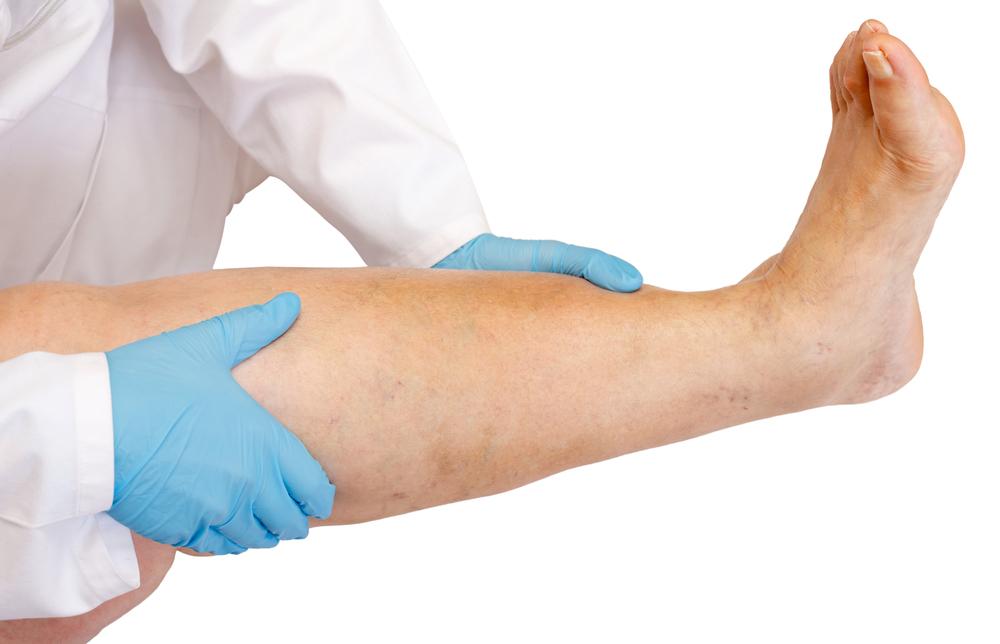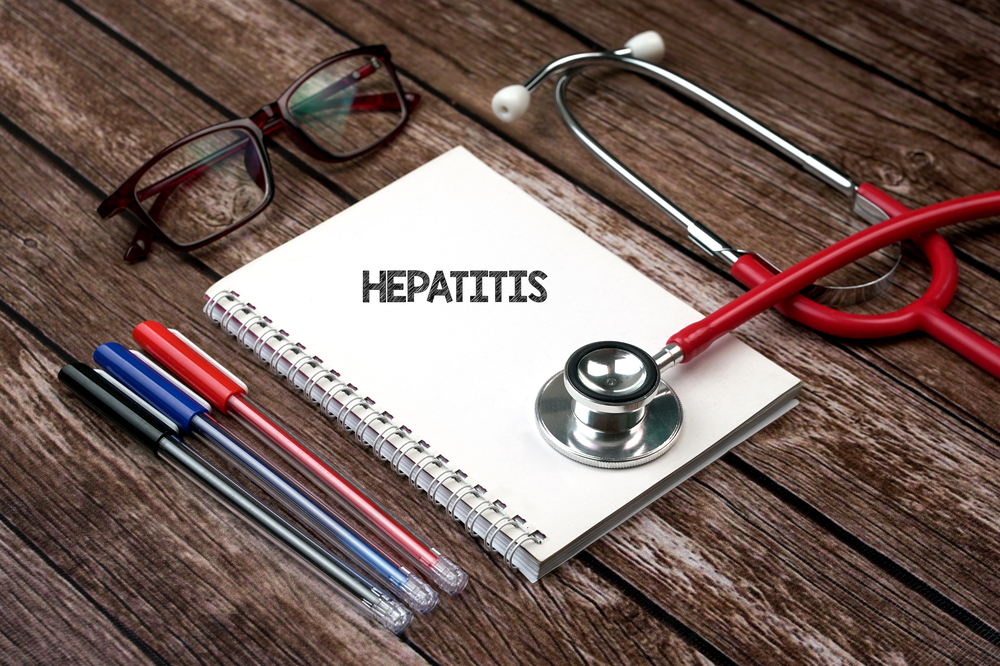Comprehensive Guide to Black Stool: Causes, Symptoms, and When to Seek Medical Attention
Black or tarry stools often indicate internal bleeding or other serious digestive issues. This comprehensive guide covers the main causes, symptoms, when to seek urgent medical help, and preventive measures to maintain good gastrointestinal health. Early detection and proper treatment can prevent complications and save lives, making awareness vital for overall well-being.

Comprehensive Guide to Black Stool: Causes, Symptoms, and When to Seek Medical Attention
The appearance of stool is a window into the health of your digestive system. While most people's stool is typically brown or green, variations can occur due to food, medications, or health conditions. Among these variations, black or tarry stools are particularly significant because they often signal internal bleeding within the gastrointestinal (GI) tract. Understanding the causes, associated symptoms, and appropriate responses can be life-saving. In this detailed guide, we explore everything you need to know about black stool, including its main causes, symptoms that warrant urgent medical attention, and preventive strategies to maintain digestive health.
Understanding the Causes of Black Stool
Black stool, medically known as melena, generally indicates bleeding somewhere in the upper GI tract — the esophagus, stomach, or duodenum. The dark coloration results from blood that has been exposed to digestive acids and enzymes, resulting in a characteristic tar-like appearance. However, not all black stools are due to bleeding; some foods or medications can also cause similar discoloration. Clearly distinguishing between benign causes and more serious conditions is vital for effective treatment.
Below are the primary causes of black stool, with a focus on internal bleeding, which is the most common reason for its appearance:
Peptic Ulcers
Ulcers are open sores that develop on the lining of the stomach or upper small intestine. Often caused by infections like Helicobacter pylori, they can erode blood vessels, leading to bleeding. When the blood mixes with stomach acids, it results in black, tar-like stools.
Gastrointestinal Cancers
Malignant tumors in regions such as the stomach, esophagus, or intestines may cause slow, chronic bleeding, contributing to black stool formation.
Gastritis
Inflammation or irritation of the stomach lining can damage blood vessels, causing bleeding that leads to melena.
Colorectal Cancer and Lower GI Bleeds
Though bleeding from lower parts of the GI tract usually results in red or maroon-colored stools, in some cases, bleeding from the rectum or colon can be heavy enough to cause black stools, especially if there is concurrent upper GI bleeding.
Beyond internal bleeding, diet also plays a significant role. Foods rich in dark pigments, such as beets, blueberries, black licorice, or foods with activated charcoal, can stain the stool black temporarily. Medications like iron supplements, bismuth-based antacids (e.g., Pepto-Bismol), and certain antibiotics can also darken stool color.
Recognizing Symptoms Associated with Black Stool
Black stool can be accompanied by various symptoms depending on its underlying cause. Recognizing these signs is crucial for determining when medical intervention is necessary. Here's what to watch for:
Presence of nausea and vomiting, especially if vomiting looks like coffee grounds, indicates active bleeding.
Abdominal pain or cramping could suggest ulcers or inflammatory conditions.
Unintended weight loss and fatigue may be signs of malignancy or chronic bleeding.
Symptoms like dizziness, weakness, or pallor can be linked to anemia caused by blood loss.
Other symptoms include bloating, indigestion, chest discomfort, or fever, which might point to infection or inflammation.
Severe cases might present with fainting, rapid heartbeat, or confusion due to significant blood loss.
When to Seek Medical Attention for Black Stool
While occasional black stool caused by dietary factors may not require urgent medical care, persistent or recurrent melena should never be ignored. Immediate consultation with a healthcare professional is warranted if:
You notice black, tarry stools that persist despite dietary changes.
You experience symptoms of anemia like weakness, fatigue, or shortness of breath.
There is accompanying vomiting of blood or coffee-ground-like material.
You develop severe abdominal pain or sudden dizziness.
Any signs of shock or fainting appear, indicating possible severe bleeding.
Prompt diagnosis is critical because black stools often point to potentially serious underlying conditions that require targeted treatment, such as endoscopy, medication, or surgical intervention.
Diagnosis and Treatment Options
To identify the exact source of bleeding causing black stool, doctors employ various diagnostic tools, including:
Endoscopy to visualize the upper GI tract directly.
Colonoscopy to examine the lower GI tract if bleeding is suspected there.
Blood tests to check for anemia and assess overall health status.
Imaging techniques like CT scans or barium studies for further investigation.
Treatment depends on pinpointing the cause of bleeding. Common interventions include:
Medications such as proton pump inhibitors for ulcers.
Endoscopic procedures to cauterize bleeding vessels or remove tumors.
Surgery in severe cases involving significant bleeding or tumors.
Blood transfusions if blood loss is substantial.
For benign causes like diet-induced black stools, simply modifying food intake and discontinuing certain medications can resolve the issue. Maintaining good digestive health through a balanced diet rich in fiber, adequate hydration, and healthy lifestyle choices can prevent many gastrointestinal problems.
Prevention Strategies for Maintaining Gut Health
Preventing causes of black stool involves proactive measures aimed at reducing the risk of gastrointestinal bleeding and promoting overall digestive wellness. Here are some key preventive tips:
Consume a diet high in fiber, including fruits, vegetables, and whole grains, to support healthy digestion.
Limit intake of irritants such as alcohol, spicy foods, and NSAIDs, which can damage the stomach lining.
Avoid eating excessive dark pigments or pigmented foods if you're prone to gastrointestinal issues.
Manage stress effectively, as it can exacerbate conditions like gastritis and ulcers.
Attend regular health check-ups, especially if you're at increased risk for gastrointestinal cancers or have a history of ulcers.
If you're on medications like blood thinners or NSAIDs, discuss with your healthcare provider about protective measures.
In conclusion, black stool is a significant medical sign that requires careful evaluation. While some causes might be benign or related to diet, many instances point to serious gastrointestinal conditions. Early diagnosis and treatment are vital to prevent complications and ensure optimal health. Always consult healthcare professionals if you experience persistent changes in stool color or associated symptoms.





